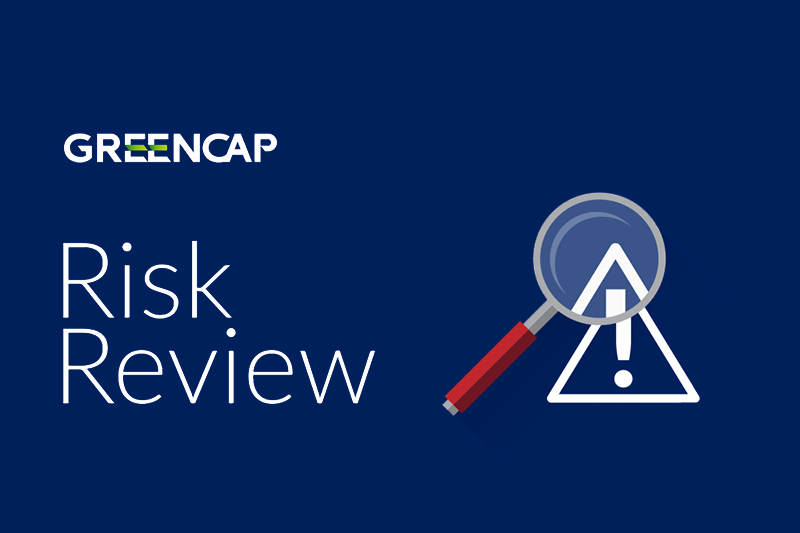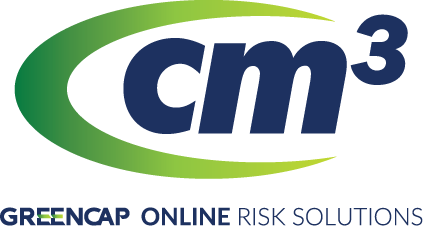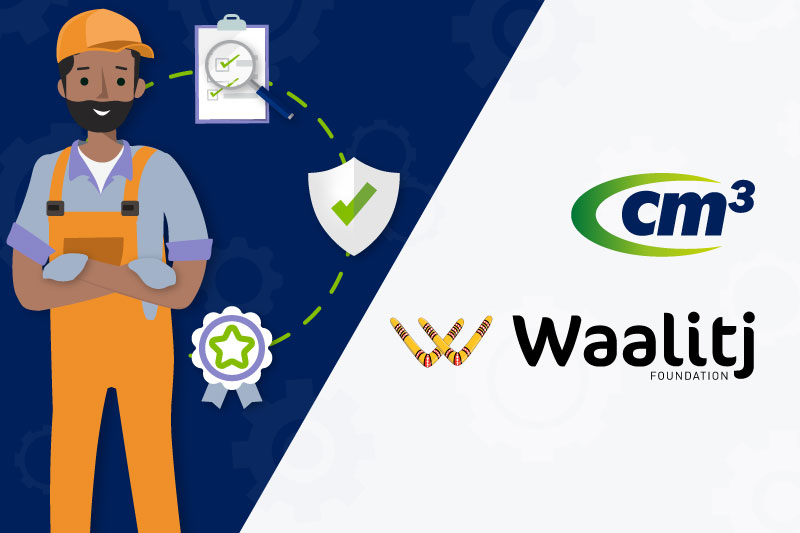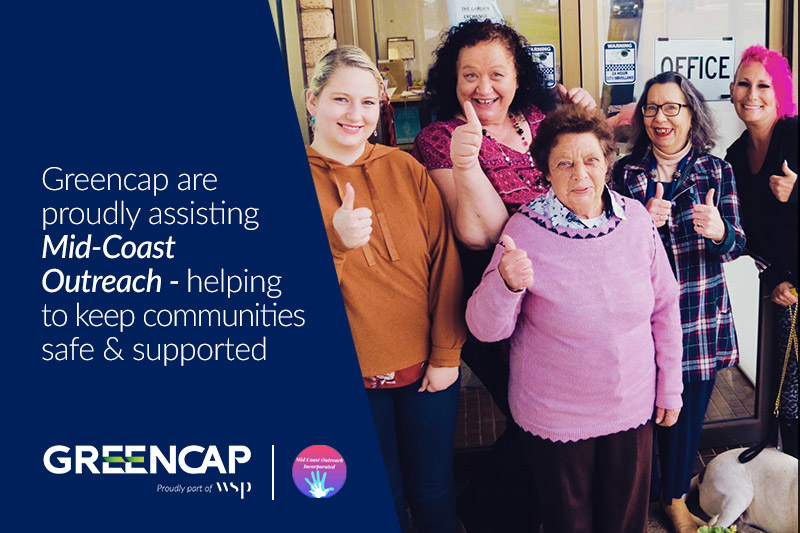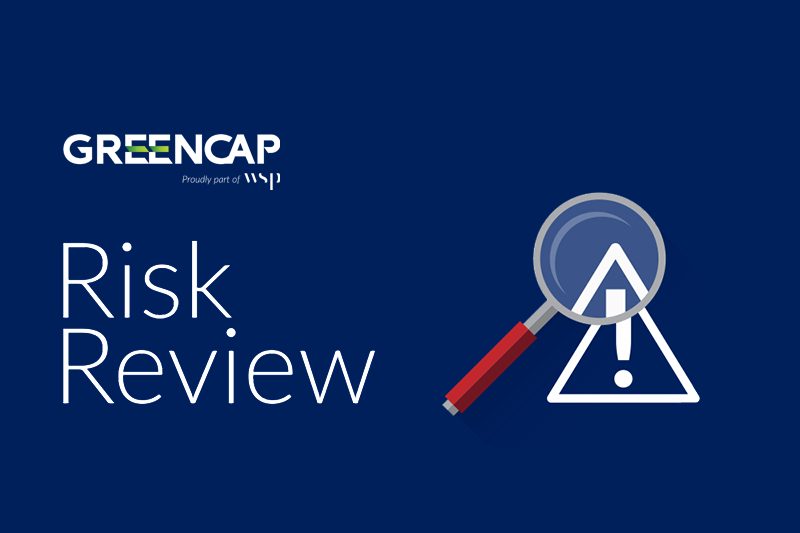News & Insights
New Modern Slavery Reporting Requirements Made Easier by Using Digital Platforms
Even in the present day, men, women and children all over the world remain victims of modern slavery. According to the 2018 Global Slavery Index, approximately 30 million people globally live in some form of modern slavery.
This has brought about an increased focus on ethical sourcing and awareness of the entire supply chain process in Australia. Effective from 1st January 2019, the Modern Slavery Act 2018 (Cth) requires Australian organisations or organisational groups with a consolidated revenue over $100m to meet reporting obligations to strengthen transparency, address risk factors and eradicate modern slavery from the economy. There is currently discussion in some states pertaining to a lower revenue threshold, with NSW the furthest progressed.
The aim of the Modern Slavery Act is to place responsibility on businesses to create transparency within their supply chains and to actively seek to mitigate and prevent risk of slavery where possible.
What is Modern Slavery?
Modern Slavery is a broad term to represent human trafficking, forced labour, and slavery like practices such as debt bondage, and the sale or exploitation of children.
The 2018 Global Slavery Index estimated that on any given day in 2016, there were 15,000 people living in conditions of modern slavery in Australia. Particularly vulnerable groups include migrants, domestic workers and young people between 16-18 years of age. Australian industries listed as being most at risk of direct or indirect complicity in Modern Slavery included:
- Construction
- Agriculture
- Hospitality
- Food services
- Meat processing
- Cleaning
- Domestic work
Additionally, the Index lists the top 5 products imported by Australia that are most exposed to this risk, these were:
- Laptops, computers, mobile phones
- Apparel/clothing accessories
- Fish
- Rice
- Cocoa
Australia sources 73 percent of its laptops, computers and mobile phones from countries that have large electronics manufacturing industries accused of exploiting workers.
What are the Risks to Business?
There is a growing expectation from business supply chain stakeholders that the issue of Modern Slavery is appropriately identified, assessed and controlled. Stakeholders include investors and shareholders, banks, insurance companies, employees, customers and federal, state and local governments both in Australia and in overseas supply chains.
Not addressing the issue of Modern Slavery may expose a business to reputational, market, financial and operational risk:

Reputational Risk
Modern Slavery is under scrutiny as a result of public opinion, government legislation and increased concern by investors. This scrutiny is increasingly influencing business reputation - without adequate action being taken to investigate and address Modern Slavery in supply chains or labour provision, a company’s reputation can be seriously impacted resulting in reduction in market value and share or withdrawal of investors unwilling to be exposed to the risk.

Market Risk
The retention and acquisition of existing and new customers seems likely to be impacted over time as customers are under pressure to assess exposure to Modern Slavery in their own supply chains. Increasingly, tenders appear to be focussing on reporting of the management of Modern Slavery and it may eventually become a requirement for public body procurement tenders.

Financial Risk
Modern Slavery is fast gaining exposure in mainstream media and through social media channels, with companies increasingly being held accountable where they are linked to cases in media or identified by watchdog organisations. This in turn may create financial risks ranging from investors withdrawing support, to exposure to legal expenses, fines, penalties and claims.

Operational Risk
Corporate responsibility is a community and stakeholder expectation; if a company is perceived to not address this responsibility, including the management of Modern Slavery, there may be operational impacts such as;
- Employees may no longer view you as an employer of choice
- Loss of investor confidence may force changes in management structure
- Pressure from the community and government can impact significantly projects and general business operations.
Understanding the Modern Slavery Act 2018 (Cth)
Effective from 1 January 2019, the Modern Slavery Act 2018 (Cth) requires large organisations in Australia to publicly disclose the efforts they take to eradicate slavery and human trafficking from their supply chain.
It is expected that organisations will need to provide a statement to the Minister for Home Affairs for review at the end of each financial year.
Who does it apply to?
The Act applies to all Australian entities who have a consolidated revenue of at least $100 million each financial year. Some states are considering an even lower revenue threshold. If passed, this lower threshold is likely to apply to any business that has an office or other physical presence in that state.
What are the mandatory reporting criteria for Modern Slavery Statements (as defined in the Act)?
The Modern Slavery Act is mainly focused on modern slavery risks and mitigation strategies within supply chains. The Reporting Requirement supports the Australian business community to identify and address their modern slavery risks and maintain responsible and transparent supply chains.
Entities required to comply with the Reporting Requirement must prepare detailed annual Modern Slavery Statements setting out their actions to assess and address modern slavery risks in their operations and supply chains. This includes a range of matters including actions taken by the entity to assess and address risks of Modern Slavery in its operations and supply chains (including due diligence and remediation processes) and how the entity assesses the effectiveness of such actions to address the risks.
Organisations will invariably determine their own strategy by developing action plans for their business divisions and implementing sanctions as required. Businesses should obtain their own legal and compliance advice on their reporting obligations.
How can Modern Slavery affect internal Corporate Culture & Policy?
Australian businesses can maintain responsibility and transparency in their supply chains through actions such as the following:
- Within your business, build awareness of human rights and modern slavery risks with team members in all areas
- Include clauses and terms that address modern slavery risks in contracts with suppliers and contracts
- Conduct a review of all business operations and those of your suppliers and other business partners to identify areas where there may be a risk of forced labour and modern slavery practices
- Develop action plans to address risks or potential risks identified and then a process to assess effectiveness
- Increase awareness of privacy risks and input relevant controls to mitigate these risks
How can Greencap's Cm3 Technology help?
Greencap’s Cm3 WHS Contractor Prequalification System is a technology platform that includes built in tools to assist with collection of information about Vendors (including Contractors and Suppliers) required to meet reporting requirements.
The use of technology platforms such as Cm3 to manage contractors and suppliers makes regulatory compliance management simpler, more transparent, and easier to implement across industries.
Managing the new reporting requirements associated with Modern Slavery can be achieved with the use of these platforms to procure declarations, conduct surveys or audits, review documentation and request specific policies and procedures from vendors.
Clients using Cm3 to prequalify contractors and suppliers have multiple options to request information or obtain confirmation of their practices.
Some options to achieve this include:
Modern Slavery & Cm3 Prequalification
| Options in Cm3 | What is it? | How does it work? |
|---|---|---|
| Agree to Terms and Conditions | Allows clients to add specific terms and conditions to support their corporate terms and conditions around policy and strategy. | When contractors register in Cm3, they must indicate they have read and understood terms and conditions, prior to proceeding |
| Complete a Survey | Allows clients to send survey questions to contractors | Create a list of questions for contractors to respond to. |
| Declaration |
Allows clients to create a Declaration that contractors must agree to. E.g. Anti-Slavery Human Trafficking Policy |
Create a declaration for contractors to agree to when they register. Declarations can be set at required frequencies (i.e. monthly, annual, etc.). Electronic signature available |
| Client Assessment Module (available early 2021) |
Allows clients to create and assess their own set of questions and request attachments. | Create a list of questions sent to the contractor to provide responses to and send back with attachments. Responses and attachments can then be assessed by the client. |
Due to the wide-ranging nature of businesses across industries, Cm3 does not use a one-size-fits-all template approach to survey questionnaires addressing Modern Slavery legislation. Instead, the Cm3 platform facilitates the collection the required information from contractors, and Greencap’s team of experienced Health & Safety professionals are currently developing a quick guide to assist clients in the identification of categories for specific or bespoke survey questions that address their Modern Slavery reporting criteria for their businesses or particular industry sectors.
To be notified once this resource is available, please sign up here.
The Department of Home Affairs has produced a “Draft Guidance for Reporting Entities” that can be accessed here.
Get in Contact
To speak with a Greencap team member about how Cm3 can assist your business in meeting the Modern Slavery reporting requirements, fill in the form below and a consultant will be in contact.
References
https://www.globalslaveryindex.org/2018/findings/global-findings/
*Greencap are currently not able to provide audit/assessment services for Modern Slavery audit criteria, but rather collect this information for further review.
The information in this material is not intended to provide, and should not be relied upon, for legal or professional advice and is subject to change.
This material provides general information only and does not take into account your particular needs or circumstances. Before making any decisions, you should assess whether this material is appropriate for you and obtain legal advice tailored to you having regard to your particular needs and circumstances.
Greencap Pty Ltd (Greencap), its officers, employees and agents believe that the information in this material and the sources on which the information is based (which may be sourced from third parties) are correct as at the date of publication. While every care has been taken in the preparation of this material, no warranty of accuracy or reliability is given and no responsibility for this information is accepted by Greencap, its officers, employees or agents. Except where contrary to law, Greencap excludes all liability for this information.
If this material contains links to third party websites, Greencap does not control and is not responsible for the information contained within these websites. None of these links imply Greencap’s support, endorsement or recommendation of any other company, product or service.



Industry News
Risk Review
News
Mid-Coast Outreach & Greencap - Helping to keep communities safe and supported
Risk Review
The Asbestos Register – A cornerstone for managing asbestos
Greencap acknowledges the Traditional Owners of Country throughout Australia and recognises their continuing connection to land, waters and culture. We pay our respects to their Elders past, present and emerging.

